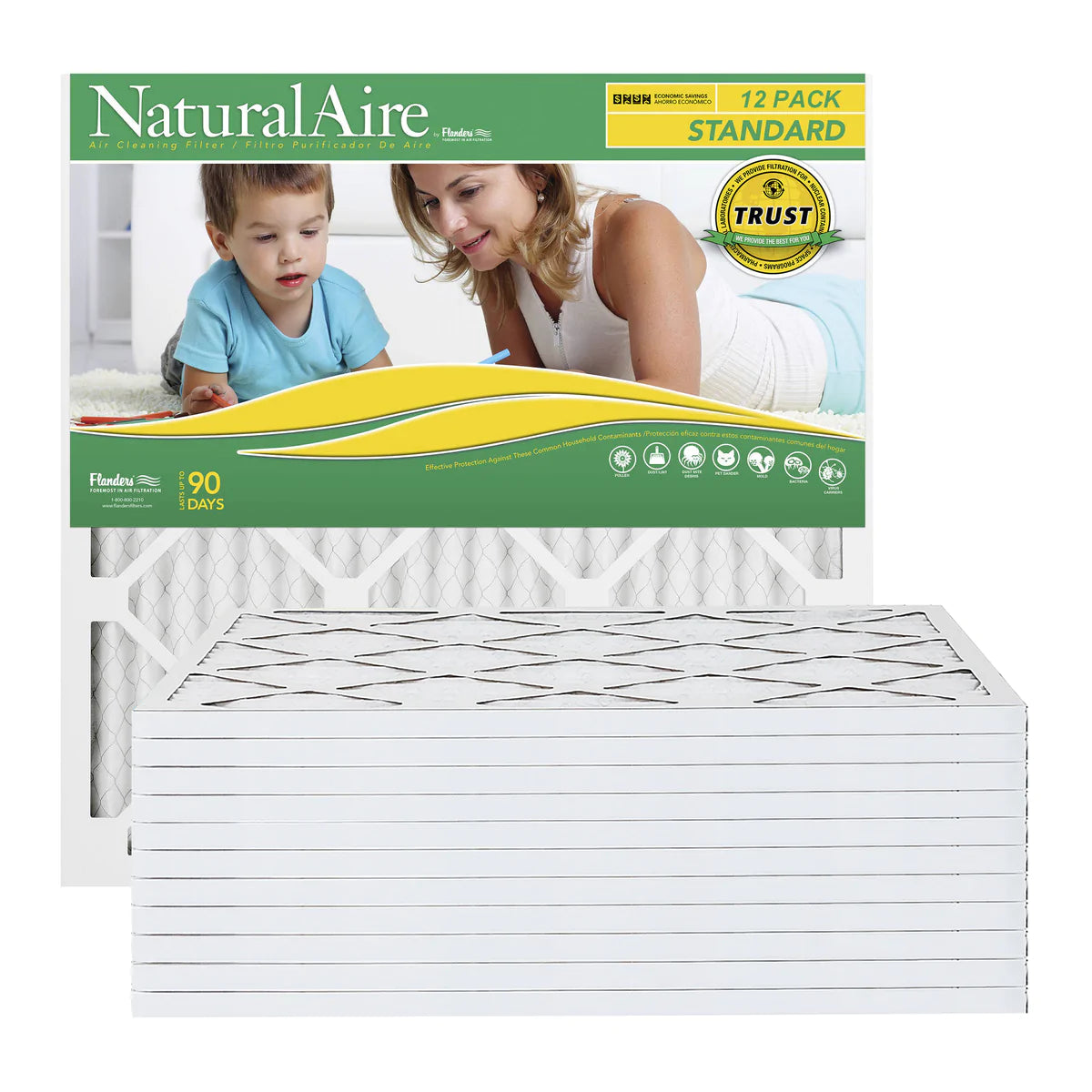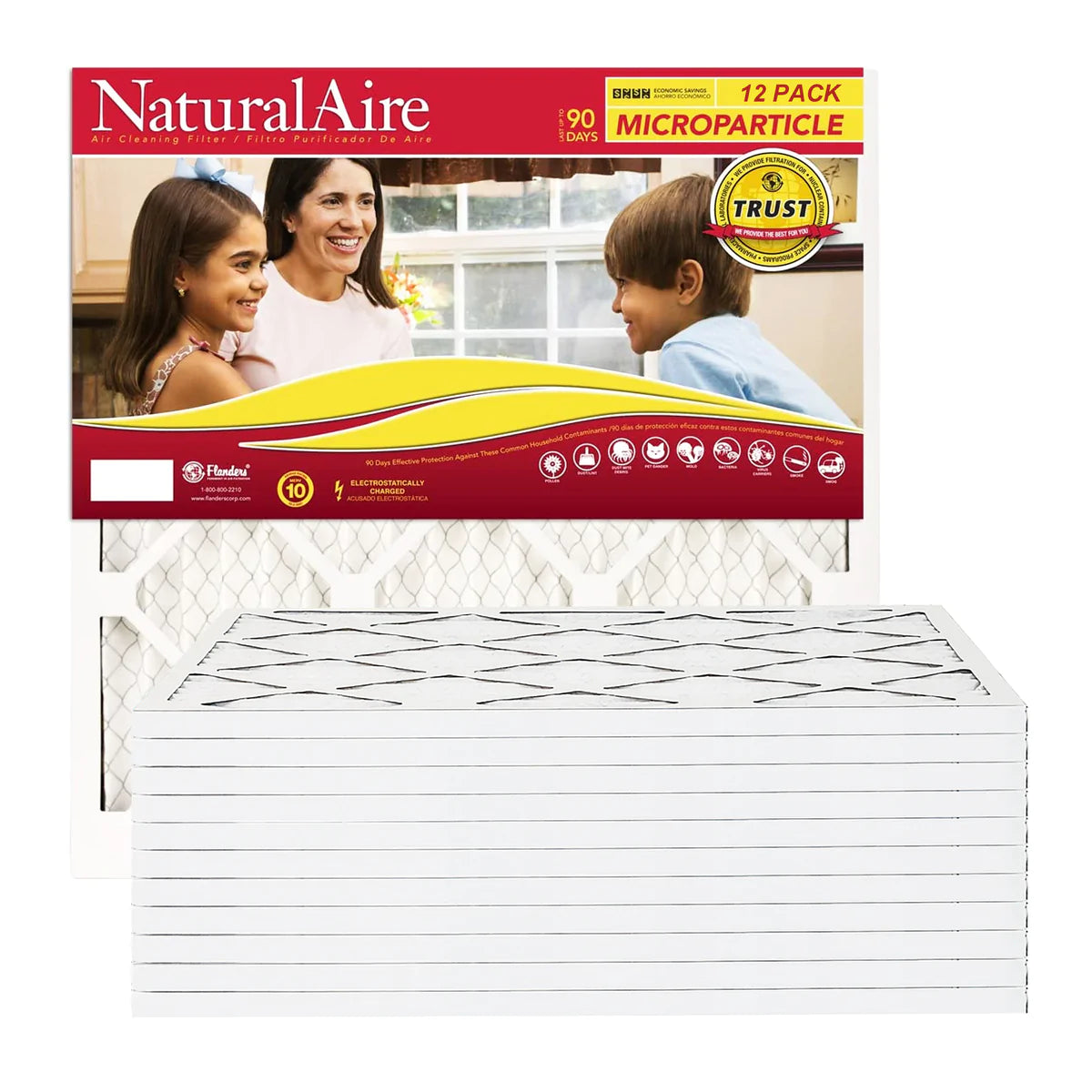MERV Rating Explained
Understanding MERV Ratings: Balancing Air Quality and System Efficiency
The MERV rating directly influences the effectiveness of a filter in enhancing indoor air quality. Higher MERV ratings indicate improved filtration performance. However, lower MERV ratings offer the advantage of reduced resistance, resulting in potentially improved system efficiency. Like any decision, there are advantages and disadvantages to consider. Our goal is to educate customers so that they can select the most suitable MERV rated filter for their system.
Shop MERV Rated Filters
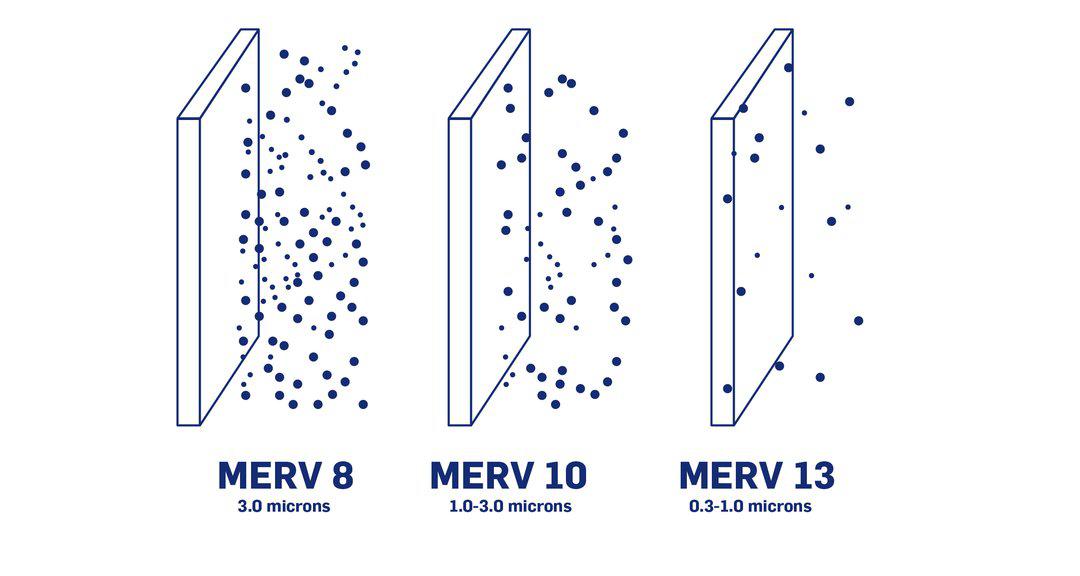
What particles are reduced from the air?
MERV 8 rating: Reduces up to 75% of large airborne particles including: Dust and Lint, Dust Mite Debris, Pollen, Pet Dander, Mold Spores, Bacteria and Virus Carriers.
MERV 10 rating: Reduces up to 85% of airborne particles as small as 1 micron including: Dust and Lint, Dust Mite Debris, Pollen, Pet Dander, Mold Spores, Bacteria, Virus Carriers, as well as Most Smoke and Smog.
MERV 13 rating: Reduces up to 95% of airborne particles including: Dust and Lint, Dust Mite Debris, Pollen, Pet Dander, Mold Spores, Bacteria, Microscopic Allergens, Virus Carriers, Most Smoke, Smog, Oil Smoke, as well as Lead Dust.
Enhance Indoor Air Quality with MERV Rated Filters
By purchasing a filter with an official MERV rating, you can be confident that you're selecting a filter that will enhance indoor air quality. RememberTheFilter.com offers filters manufactured by reputable companies, which undergo rigorous testing.
Shop Best Selling Filters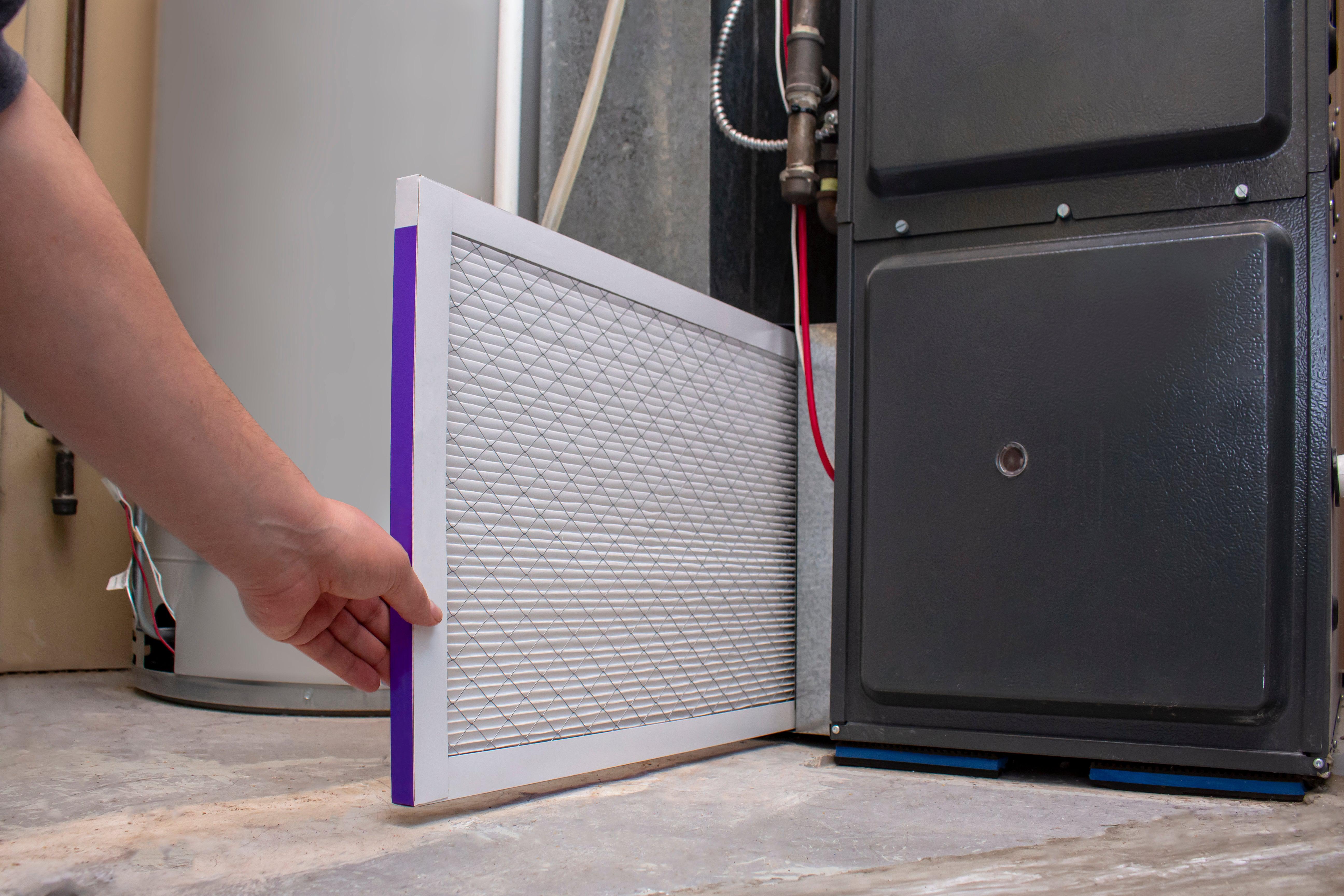
MERV: The Key to Cleaner Air
MERV stands for Minimum Efficiency Reporting Value, and it measures how effectively an air filter can trap particles of different sizes. The rating scale ranges from 1 to 16, with higher numbers indicating better filtration.
When you choose a filter with a higher MERV rating, you’re getting better air filtration, which means cleaner air in your home or building. However, higher-rated filters can also restrict airflow more, so it’s important to choose a filter that matches your HVAC system’s capabilities.
Most Popular Filters
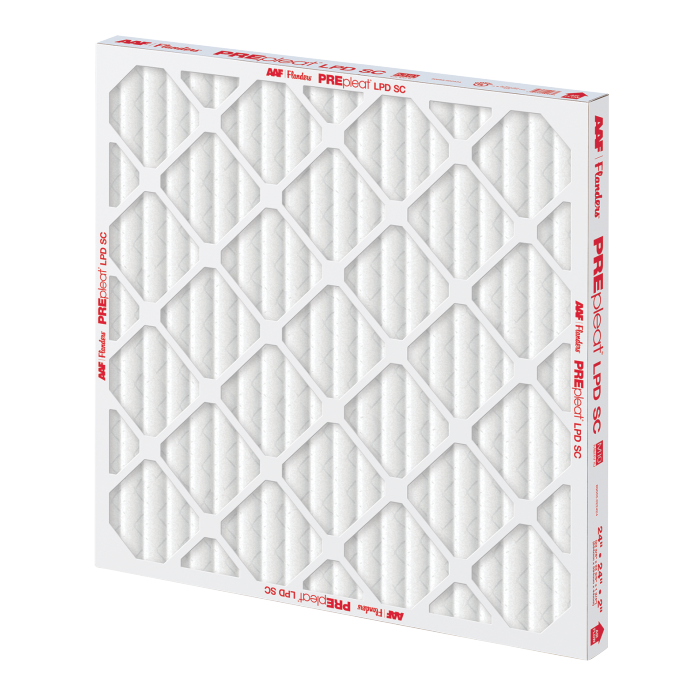
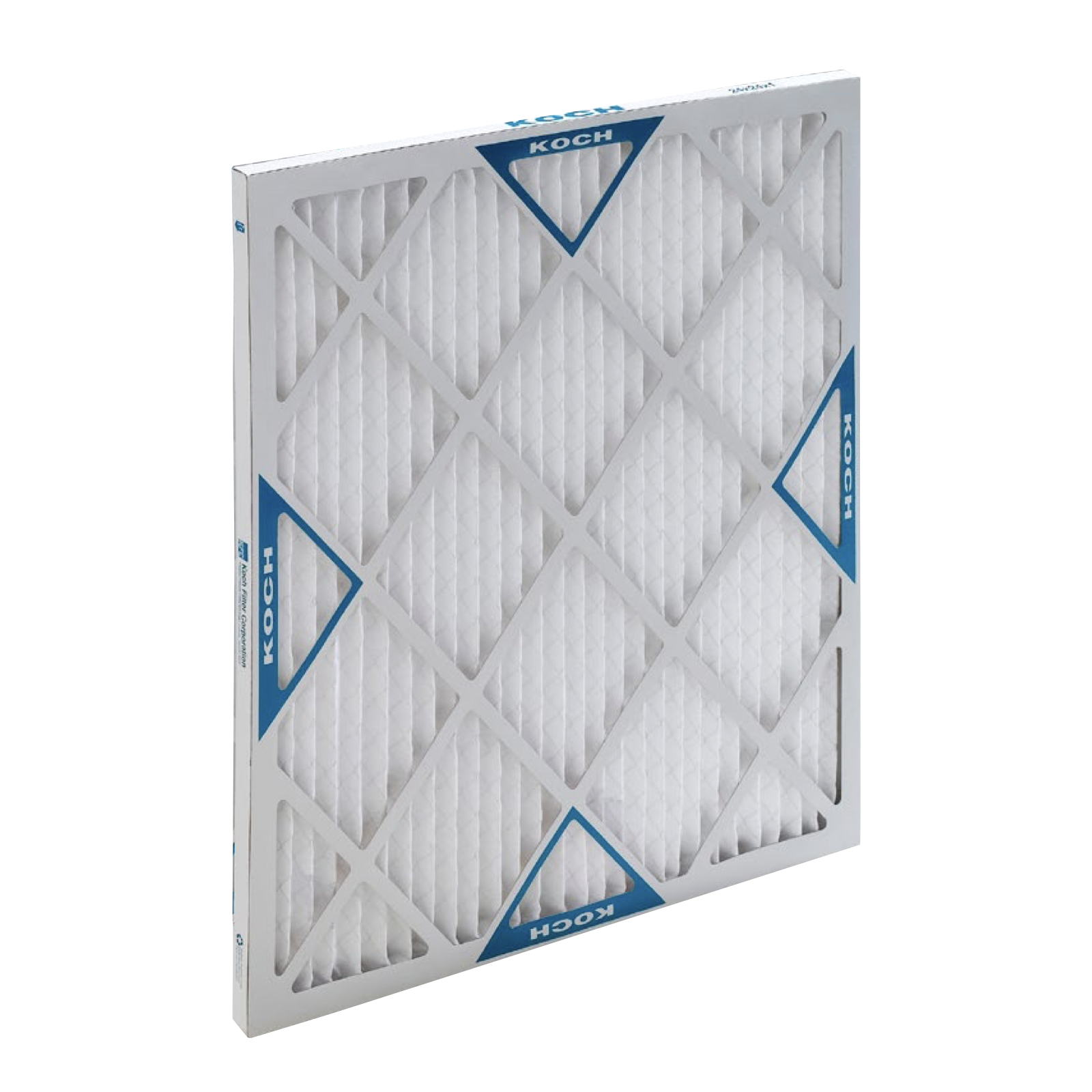

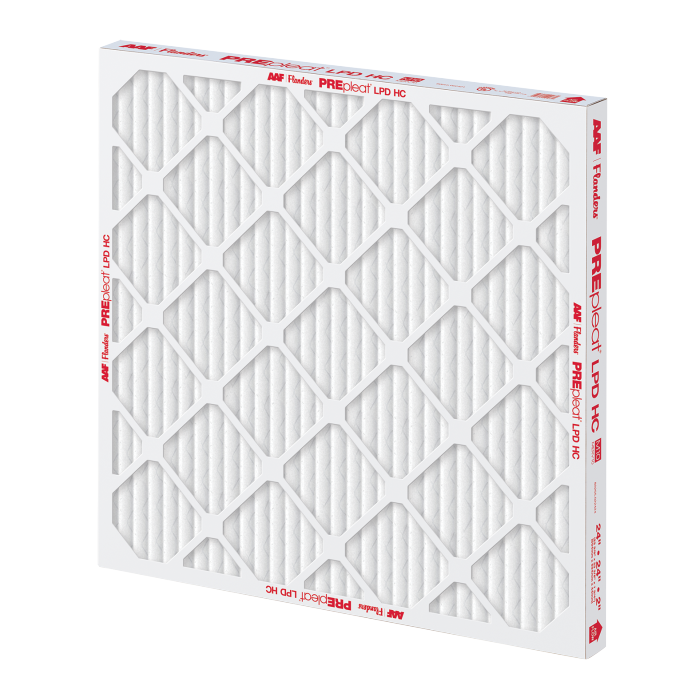
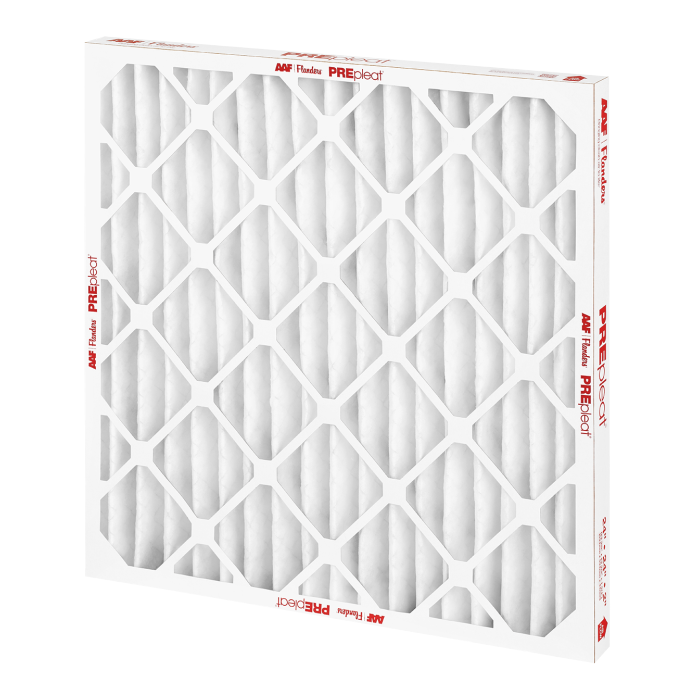
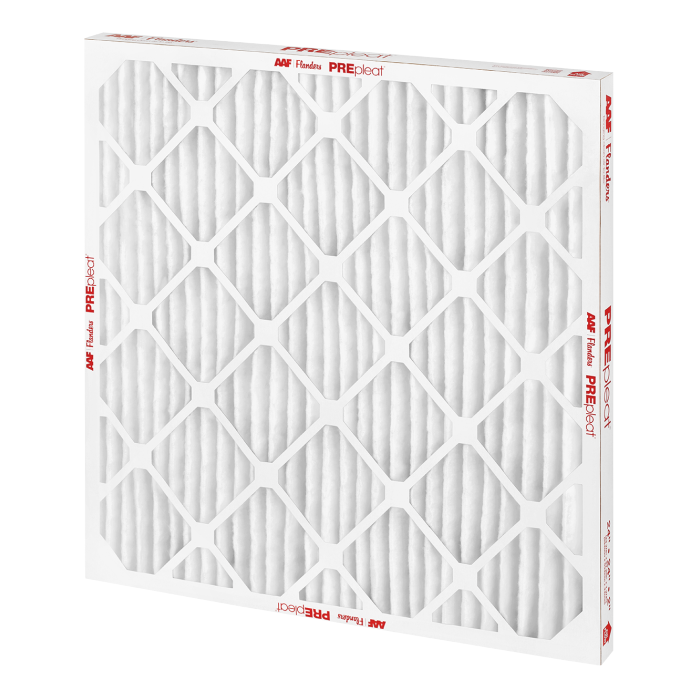
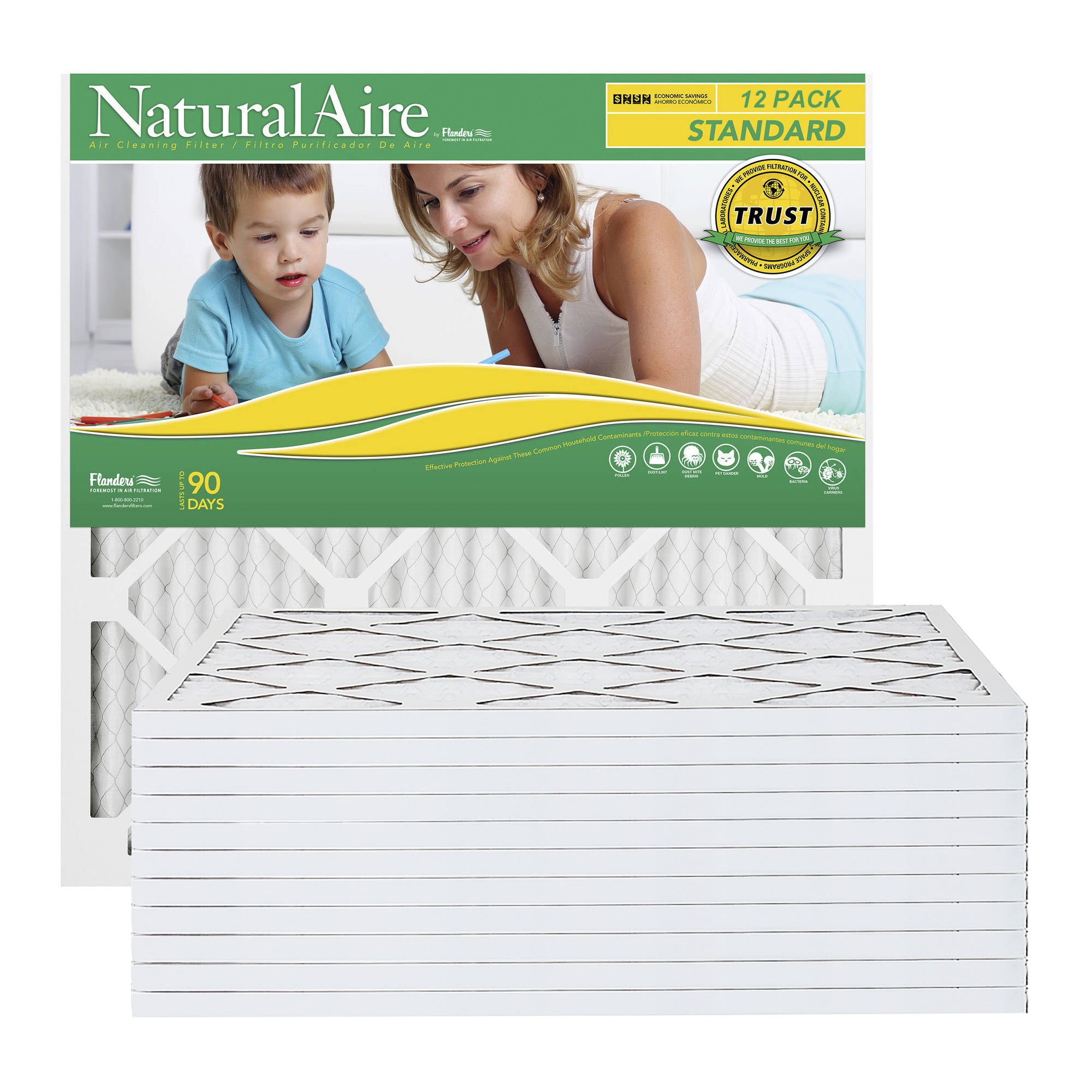
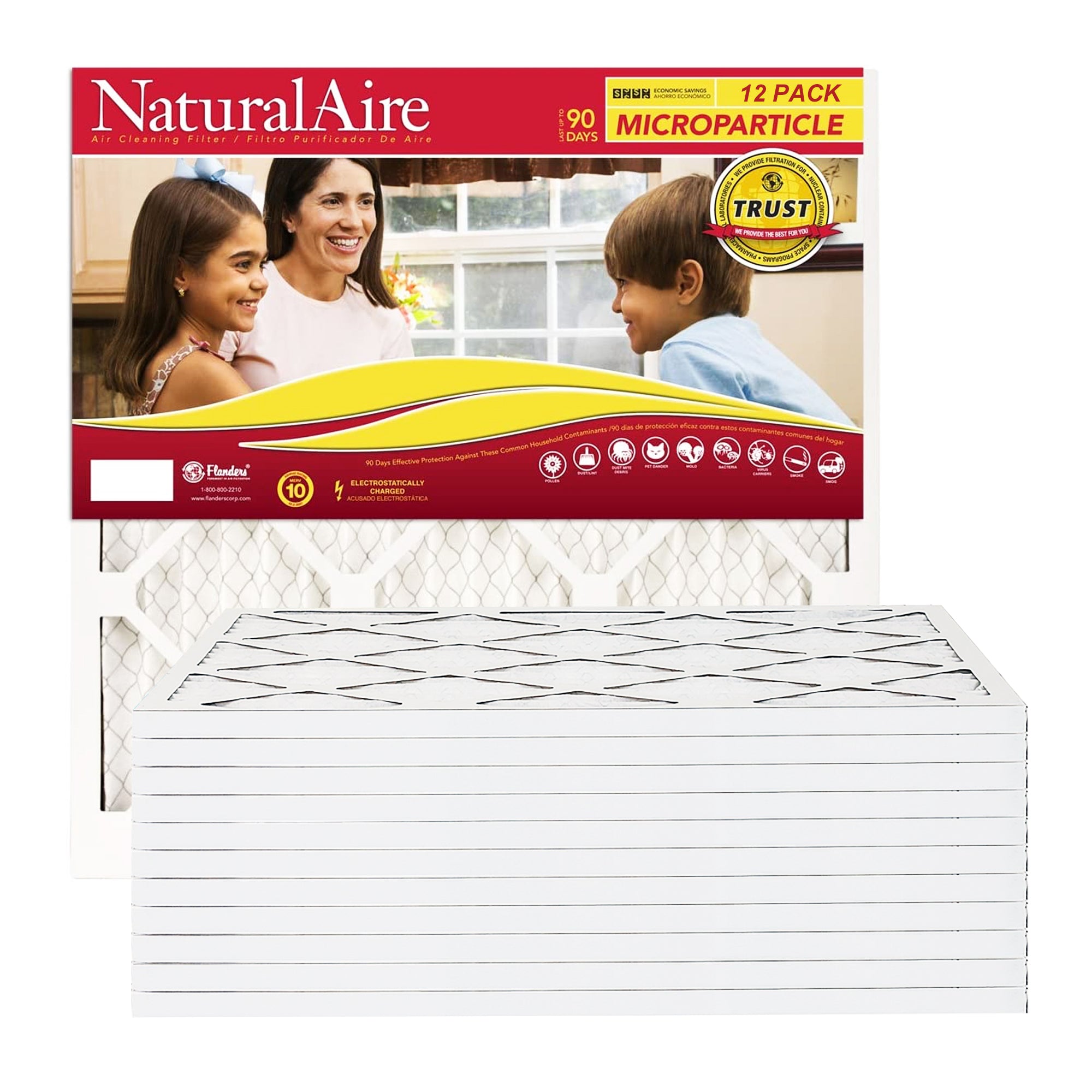
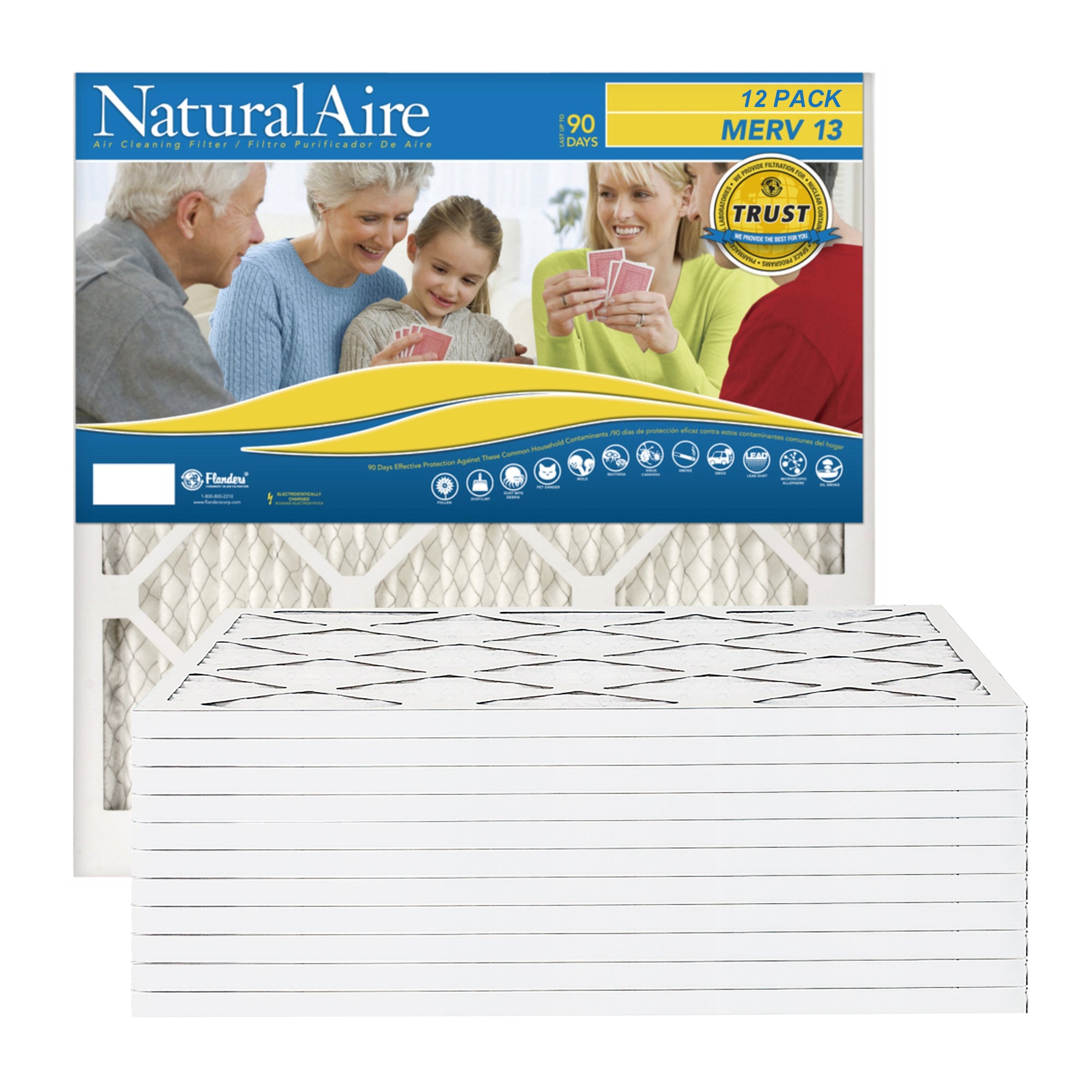
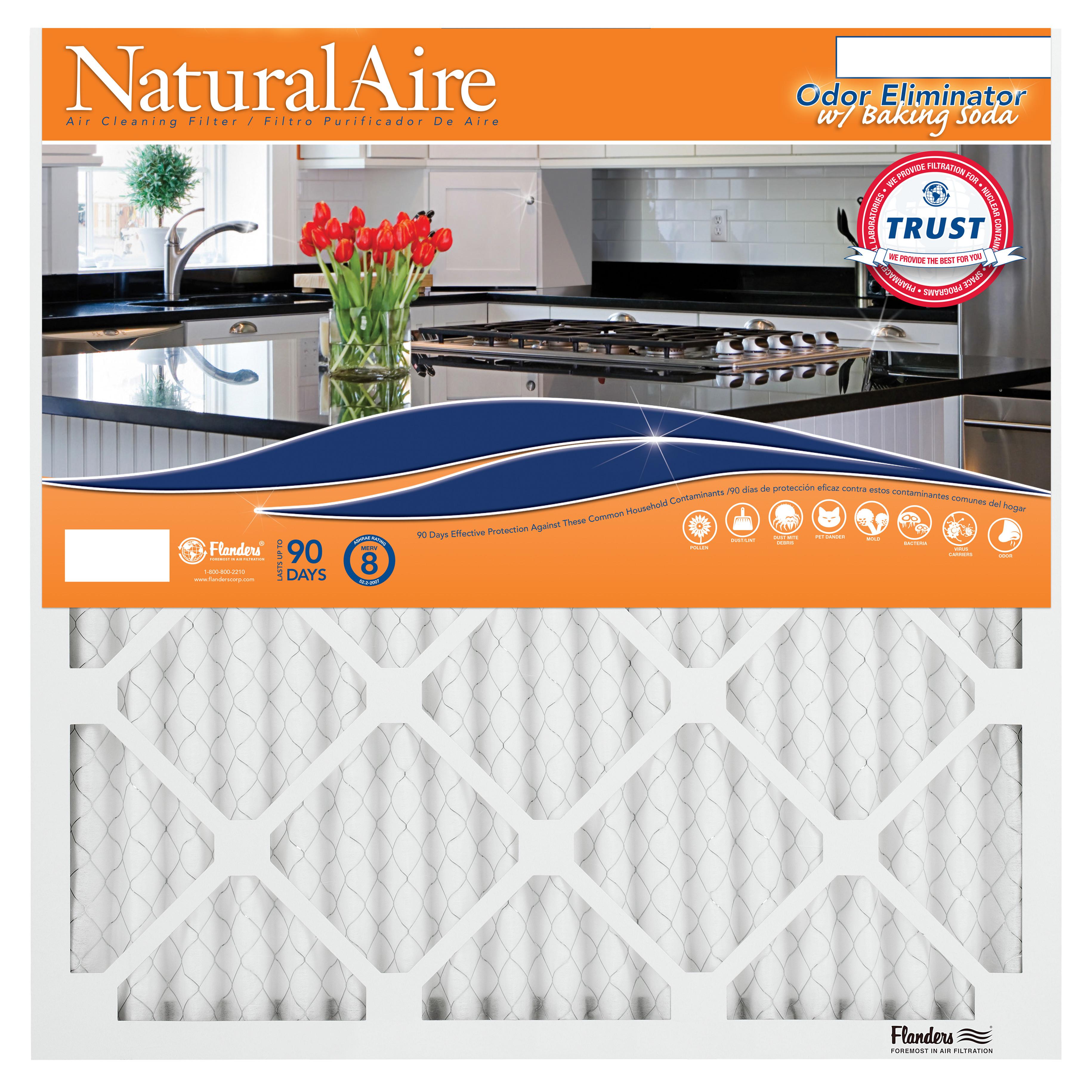

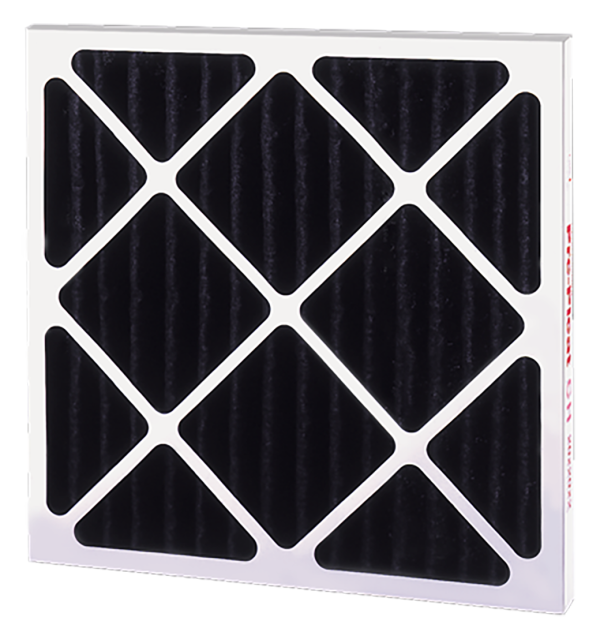

Improving Indoor Air Quality: The Power of Pleated Air Filters with MERV Ratings
Indoor air quality can be significantly worse than outdoor air, with pollutants reaching up to five times higher levels, as stated by the EPA.* To address this issue, using a pleated air filter with a Minimum Efficiency Reporting Value (MERV) can be beneficial. Such filters effectively trap and remove specific airborne pollutants like large dust particles, pollen, dust mites, pet dander, odors, and smog, resulting in cleaner and healthier air within your home.
MERV 1-4 Rated Filters
These filters provide minimal filtration and are suitable for capturing large particles like dust and lint. They are commonly used in residential furnaces and air conditioning systems to protect the HVAC equipment from debris.
Shop MERV 1-4 Filters

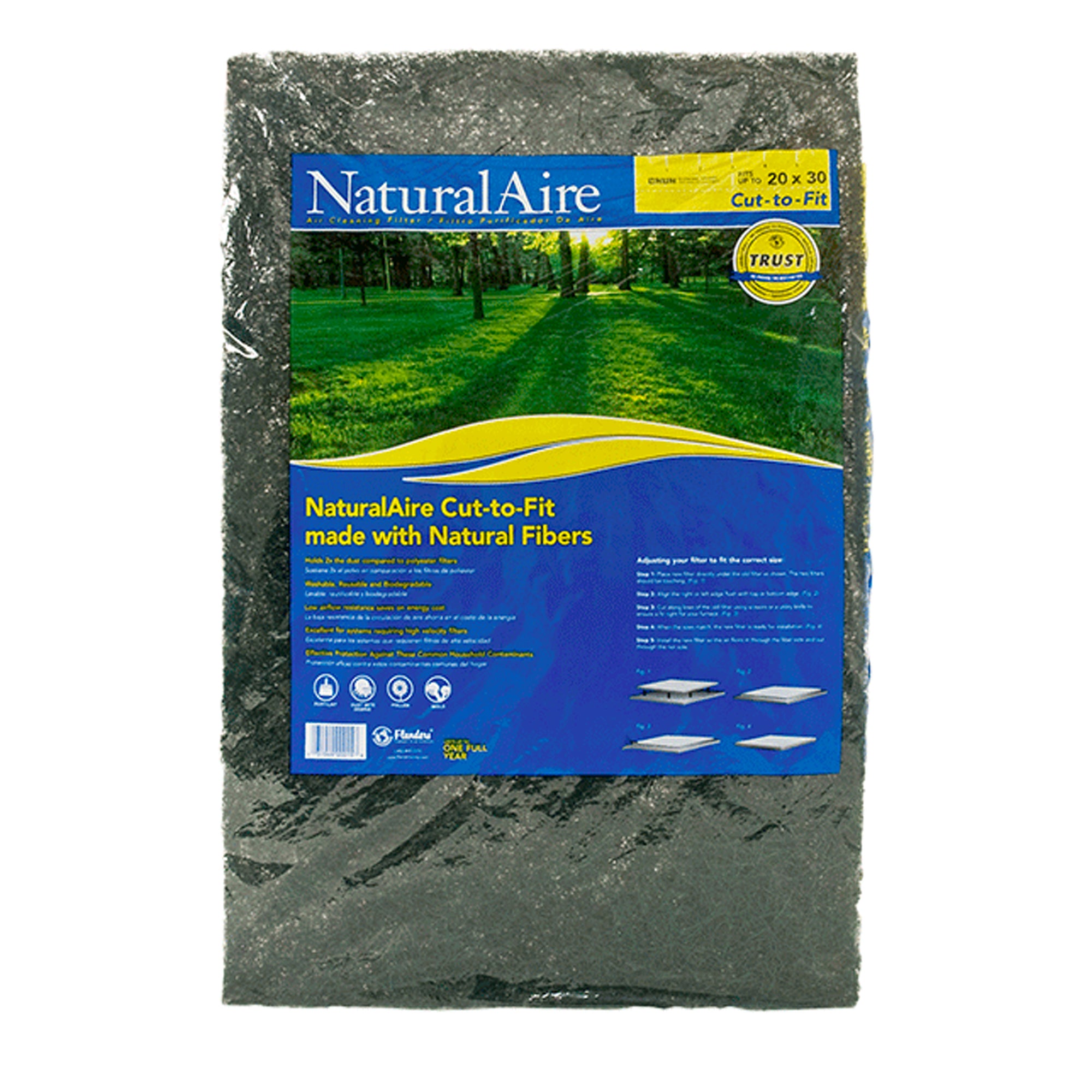
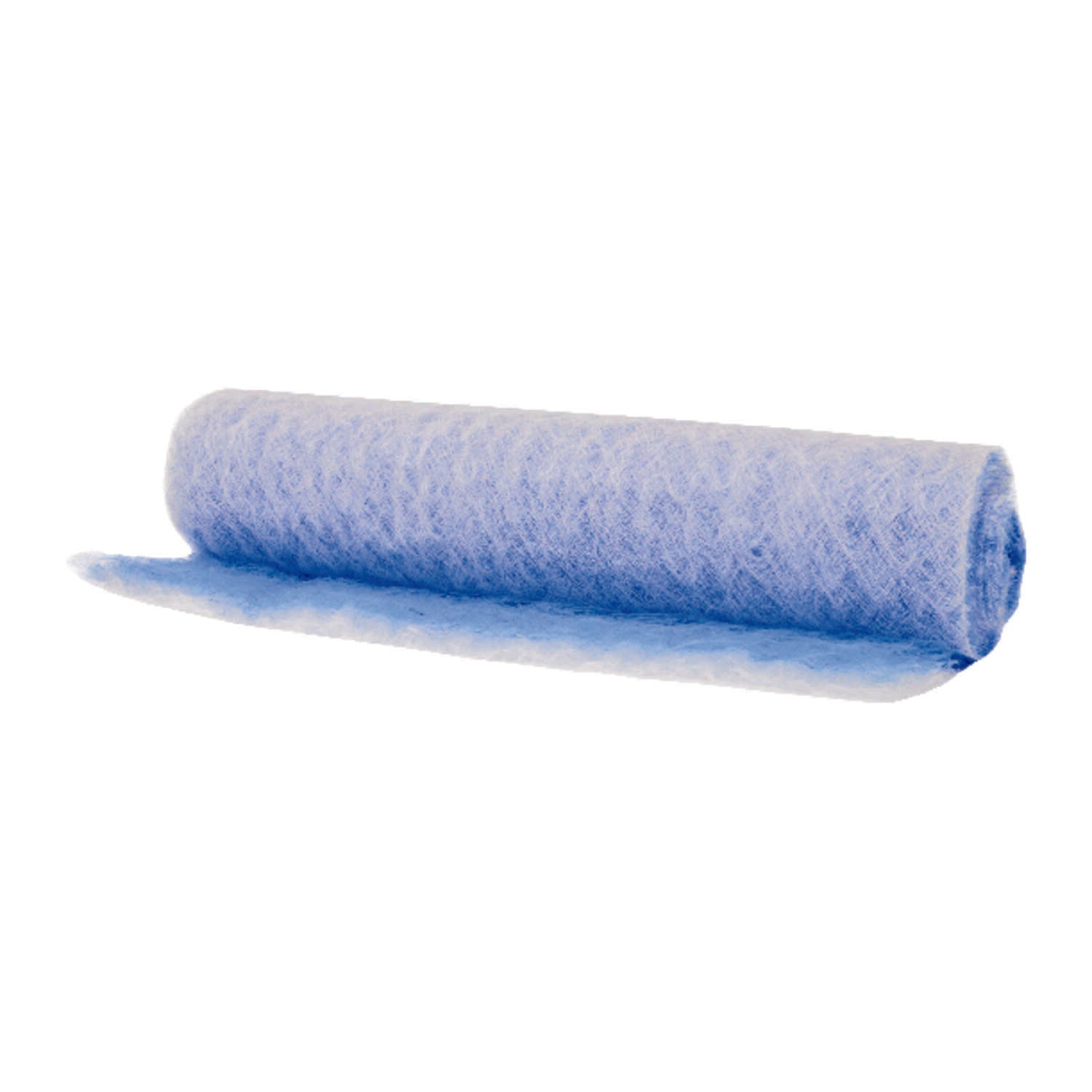
MERV 8 Rated Filters
This rating is ideal for residential and commercial settings. MERV 8 filters can capture pollen, mold spores, and dust mites, improving overall indoor air quality and offering a higher level of protection compared to lower MERV ratings.
Shop MERV 8 Filters


MERV 10 Rated Filters
Filters with a MERV 10 rating offer enhanced filtration, capable of trapping smaller particles such as pet dander, fine dust, and certain types of bacteria. They are well-suited for households with pets or allergies.
Shop MERV 10 Filters


MERV 11 Rated Filters
MERV 11 filters provide superior filtration, effectively capturing particles as small as 1-3 microns, including fine dust, pollen, mold spores, and pet dander. These filters are a good choice for individuals with respiratory issues or allergies.
Shop MERV 11 Filters

MERV 13 Rated Filters
These filters offer the highest level of residential filtration, capable of capturing very fine particles like smoke, bacteria, and even some viruses. MERV 13 filters are often used in healthcare settings and are recommended for homes where air quality is a top priority.
Shop MERV 13 Filters

MERV Rating FAQ
Minimum Efficiency Reporting Value (MERV).
Other common ratings found within certain brands and stores includes FPR, MPR. They all follow the same basic principal, the higher the number the greater overall effectiveness of the air filter.
FPR - filter performance rating, labels filters based on a number scale from 4 through 10 in addition to a color-coding system. Designed by The Home Depot for brands sold through their stores, including Honeywell, this rating structure is very similar to MERV rating. At the end of the day it adds more confusion and is a way for HD to get customers to only use The Home Depot sold filters.
Other common ratings found within certain brands and stores includes FPR, MPR. They all follow the same basic principal, the higher the number the greater overall effectiveness of the air filter.
MPR, or micro-particle performance rating was developed by 3M. It rates the 3M Filtrete filters and their ability to capture airborne particles smaller than 1 micron. While MERV ratings reflect a filter's ability to trap both microscopic and macroscopic particles, MPR ratings only grade a filter on its capacity to remove particles from 0.3 to 1 microns.
Minimum Efficiency Reporting Value, or MERV for short, is a filter rating system devised by ASHRAE, the American Society of Heating, Refrigeration and Air Conditioning Engineers, to standardize and simplify air filter efficiency ratings for the public. The higher the MERV rating, the higher the effectiveness of the air filter
Microparticle Performance Rating, or MPR for short, is a filter rating system developed by 3M to rate a filters ability to cature the smallest airborne particles. The higher the MPR rating the better the filters ability to capture particles from the air. This system helps in comparing 3M filters, but is not directly comparable to the MERV rating system.
If your filter at home is rated by the MPR system, here is a table to show you what the comparable MERV rating would be.
MPR - Comparable MERV
300....................6
600....................8
1000..................11
1200..................11
1500..................12
1900..................12
2200..................12
General MERV
The MERV rating is determined based on a filter’s ability to capture particles of varying sizes, from 0.3 to 10 microns.
MERV ratings help you choose the right filter for your needs by indicating how effectively a filter can remove airborne particles.
If considering making the switch from a basic fiberglass style filter to a pleated with a MERV rating. We always recommend going with a filter like a MERV 8 to start. See how your systems does with a pleated MERV 8 before making the jump to a higher rating like a MERV 13. Since every system is different we always recommend contacting a local technician if you have concerns.
MERV 1-4 filters capture large particles like dust and lint, while higher MERV ratings capture smaller particles, including allergens and bacteria.
Yes, higher MERV ratings capture smaller and more particles, improving indoor air quality.
Potentially, yes. Higher MERV filters can restrict airflow, so ensure your system can handle it before upgrading.
Yes, MERV 8 filters capture common allergens like pollen and mold spores, making them suitable for allergy sufferers.
MERV 11 filters capture finer particles such as pet dander and dust mites, providing better air quality for homes with pets or allergy sufferers.
MERV 13 filters capture very fine particles, including smoke, bacteria, and some viruses, offering superior air quality.
Check your filter every month. If it looks dirty or clogged, it’s time to replace it. Follow the recommended replacement schedule.
Many MERV filters are made from recyclable materials, and using them can help improve indoor air quality, contributing to a healthier environment.
HEPA filters have higher efficiency than MERV filters and are capable of capturing 99.97% of particles as small as 0.3 microns.
Standard MERV filters do not typically remove odors, but some specialized filters can help reduce them.
Residential
For most homes, a MERV 8-11 filter is sufficient to improve indoor air quality without overworking your HVAC system.
Yes, but check with your HVAC manufacturer to ensure your system can handle the increased airflow resistance.
It’s recommended to change your air filter every 1-3 months, depending on the filter type and usage conditions.
Yes, MERV filters are available for both furnaces and air conditioning systems, improving air quality throughout your home.
No, MERV filters are typically easy to install, and you can replace them yourself by following the manufacturer’s instructions.
Yes, higher MERV rated filters can capture airborne irritants and allergens, potentially reducing asthma symptoms.
RememberTheFilter.com offers a wide range of trusted MERV rated filters, ensuring you get the best quality and performance for your HVAC system. Shop with us for reliable filters that meet your air quality needs.
Commercial/Industrial
For commercial buildings, MERV 8-13 filters are typically recommended to ensure good indoor air quality and efficient HVAC operation.
Yes, by improving indoor air quality, MERV filters can help reduce sick days and increase overall productivity.
In industrial settings, higher MERV rated filters can protect sensitive equipment from dust and other airborne particles, enhancing system performance and longevity.
Yes, MERV 13 filters and higher are often used in healthcare settings to capture fine particles, including bacteria and viruses, ensuring a sterile environment.
Using MERV filters in schools can improve air quality, reducing the spread of illnesses and providing a healthier environment for students and staff.
While higher MERV filters may be more expensive initially, they can lead to long-term savings by improving HVAC efficiency and reducing maintenance costs.
Yes, industrial settings with higher levels of airborne particles may require more frequent filter changes to maintain optimal air quality and system performance.
Yes, using appropriate MERV rated filters can help businesses comply with industry air quality standards and regulations.
Consult with an HVAC professional or use guidelines provided by RememberTheFilter.com to select the right filter based on your specific air quality needs and system requirements.
RememberTheFilter.com offers a comprehensive selection of high-quality MERV rated filters, competitive pricing, and exceptional customer service, making us the best source for all your commercial and industrial air filtration needs.
Any questions?
If we still haven't answered your question, you can contact us below and we will get back to you as soon as possible.
Optimize Air Quality with the Right MERV-Rated Filters
Understanding MERV ratings is essential for choosing the right filter for your HVAC, furnace, and AC systems. MERV, which stands for Minimum Efficiency Reporting Value, measures the effectiveness of air filters in trapping particles of various sizes. Our comprehensive guide helps you navigate these ratings, ensuring you make informed decisions for both residential and commercial environments.
RememberTheFilter.com is your go-to source for high-quality MERV-rated filters. From MERV 1-4 filters that capture large particles like dust and pollen, to MERV 13-16 filters designed for high-efficiency filtration, we offer a wide range to meet your needs. Our selection ensures you find the perfect filter to improve air quality and maintain the efficiency of your HVAC system.
Why choose RememberTheFilter.com? We provide a seamless online shopping experience with a vast selection of filters suitable for both commercial and residential systems. Shop with us for trusted, high-performance MERV-rated filters that keep your air clean and your systems running smoothly.
Customer Favorites



















